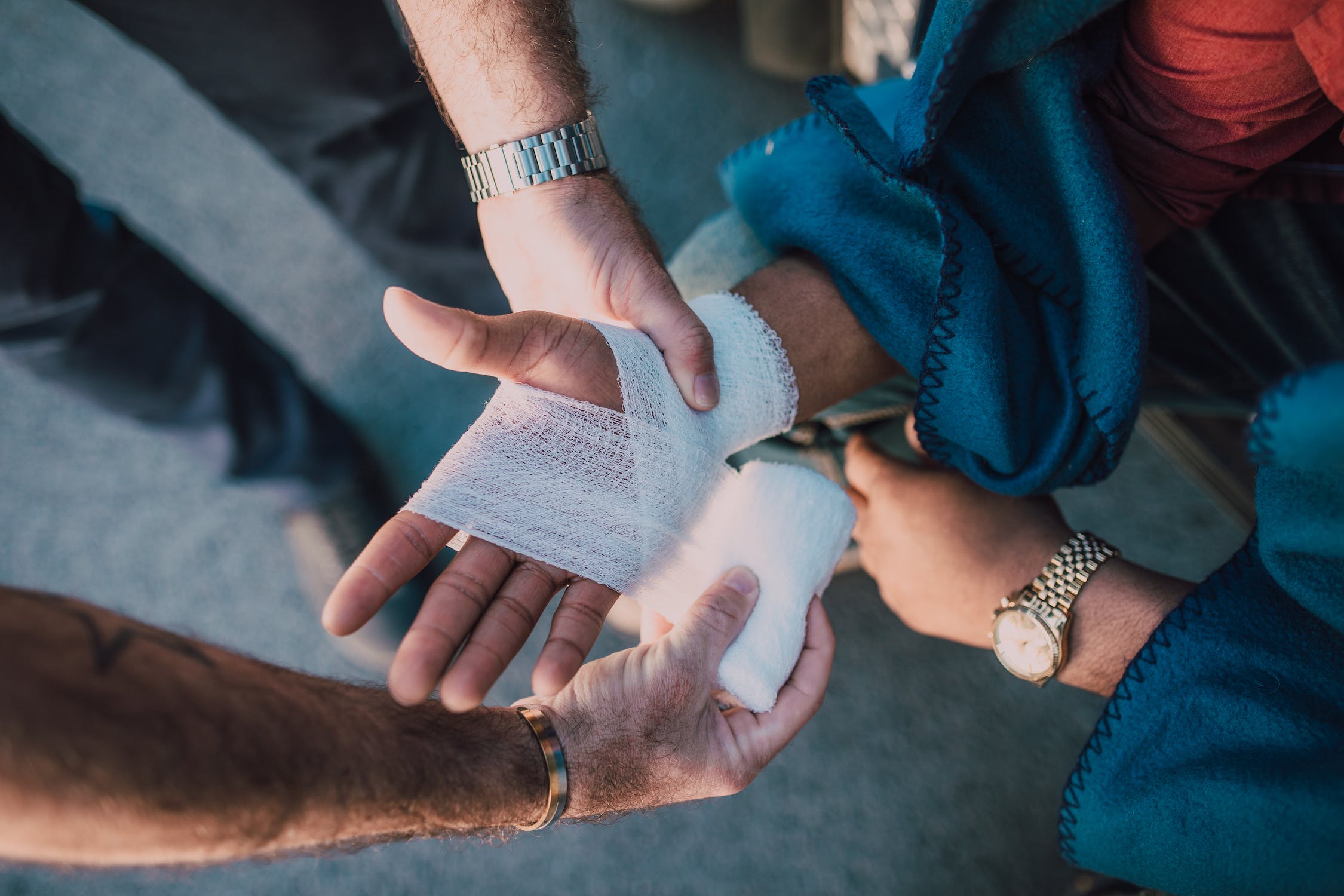5 Important Steps to Recover After an Injury — Physically, Emotionally, and Financially


Injuries are traumatic in the moment, and can also have a long-lasting impact on everything from your mental health to your finances.
To make sure that this type of disaster can be dealt with comprehensively, follow these steps as you work towards a full recovery.
1. Recognize and Accept Your Injury
Coming to terms with the fact that you’ve been injured can be tough. It’s a necessary step, however. Acceptance leads to proactive steps towards improvement.
As part of this, understand your circumstances, acknowledge the impact on your daily routine, and keep in mind that it’s okay not to be okay sometimes!
This initial recognition of the injury is crucial for setting yourself on a path to recovery, as getting better starts with accepting where you are right now.
2. Get Medical Help Immediately, as Early Intervention Matters
Once you’ve accepted your situation, it’s crucial to seek immediate medical attention. Never underestimate the potential severity of an injury. Instead, find a qualified healthcare professional who can provide appropriate diagnostic tests and treatments as soon as possible.
Quick intervention can drastically reduce the recovery time, which is essential for healing, as well as preventing possible complications or further injuries from developing. Your health comes first, so prioritize this step.
3. Hire a Personal Injury Lawyer to Get Financial Compensation if Possible
Addressing your monetary needs is an important part of the recovery process. Consider hiring a personal injury lawyer who could help you get compensation, especially if your accident was due to someone else’s negligence.
Working with experts like those at Guss personal injury lawyers can be particularly beneficial in such scenarios. They offer invaluable guidance and fight tenaciously for what you deserve, potentially relieving any financial stress and aiding a smoother recovery.
4. Implement a Recovery Plan Based on Professional Advice
After medical consultation and setting up your financial safety net, it’s time to move forward with a recovery plan.
Your healthcare provider will typically design this personalized for you based on the nature of the injury, your overall health condition, and rehab goals.
This plan isn’t restricted to physical healing alone, and it should also tackle mental wellness aspects. Adhere strictly to this guided approach, whether it includes physiotherapy sessions, medication or modifications in diet and lifestyle. The closer you follow the framework a pro lays out, the more effective it will be for your long term health.
5. Embrace Emotional Healing
Injury is not a purely physical experience, as it affects your emotions as well. Without proper care, it could trigger anxiety or even depression, regardless of whether you’ve suffered from these mental health crises in the past. Here’s a brief overview of what emotional healing involves in this context:
- Acceptance: Understand that it’s okay to feel upset about the situation, as mentioned up top.
- Seek Therapy: Professional therapists offer excellent strategies for coping with stress, and many will specialize in aiding those who have been traumatized by injuries.
- Meditation and Relaxation Techniques: Yoga, meditation or deep-breathing exercises could boost mental wellness post-injury.
- Stay Connected with Loved Ones: Isolation often exacerbates emotional distress. So keep in touch with family and friends, since they are your strongest support system.
Final Thoughts
The last thing to mention is that on top of all these steps, you also need to give yourself the space and time to ease back into normal life, rather than expecting everything to continue as usual once you’re back home following the initial treatment for your injury. Healing won’t happen overnight, and takes longer if you try to rush it, so be patient and be kind to yourself as well.